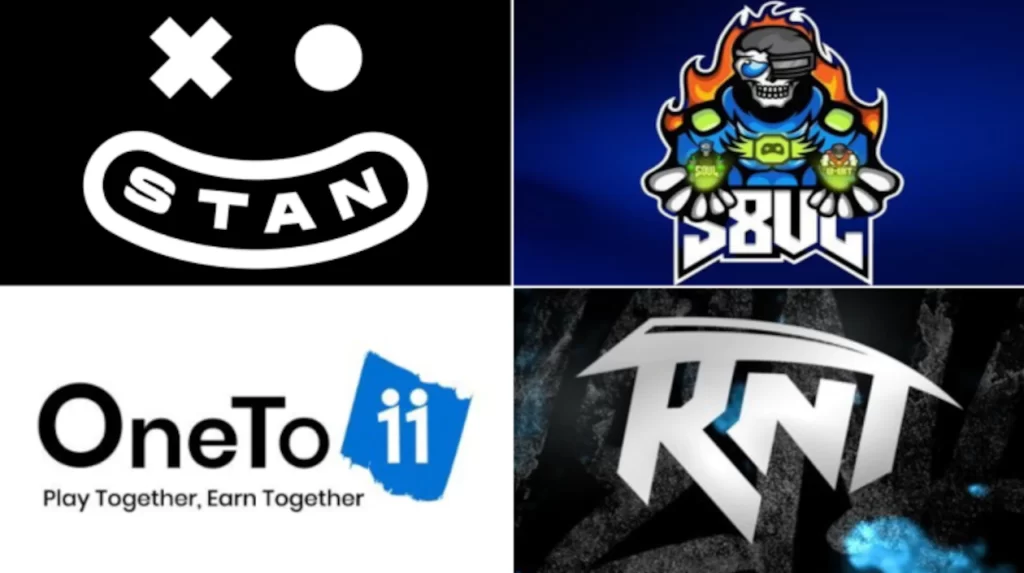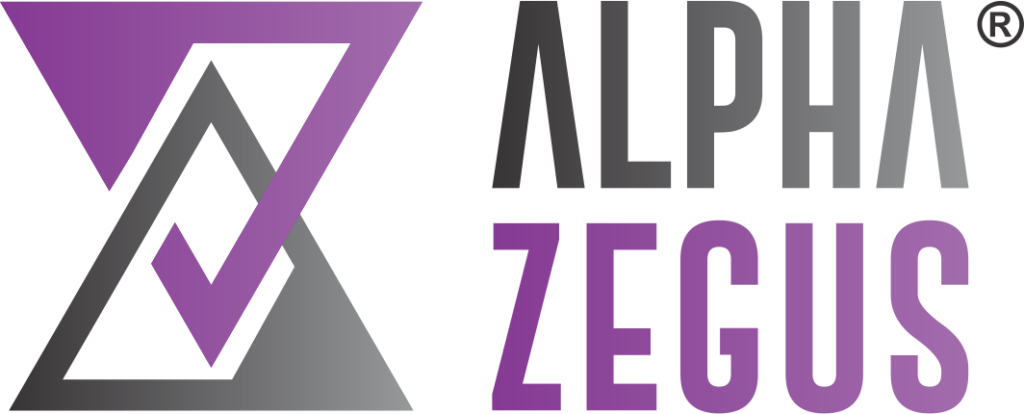NFT is not just the marketer’s shiny new toy; Gaming and esports show the way
- Rohit Agarwal

Gaming NFTs are becoming popular in India with companies in the space facilitating trading of digital assets. Since everything about gaming is digital – every moment, achievement, every sellable content, NFTs make complete business sense. However, there is still a big gap in terms of awareness and knowledge amongst gaming creators on how Gaming NFTs work.
It seems NFTs might not just be a marketers shiny new toy. One space where NFTs are making an impact in brands’ engagement strategies in a meaningful way is in gaming. Gaming content is getting tokenized and gaming NFTs are the new trendsetters in the space. Although at a very nascent stage, gaming NFTs (Non-Fungible Tokens) worth lakhs are being sold in India. Web3 startups are gearing up to meet the demand in the space by facilitating digital assets that represent in-game content.
Bengaluru-headquartered blockchain-based esports fan engagement startup STAN, for instance, collaborated with over fifty well-known gaming creators and esports athletes in India to launch what was perhaps the first-of-its-kind NFT, a Limited Digital Collectibles’ (LDC) collection, in the country. Jonathan, GHATAK and Total Gaming are some of the popular names that came up with their NFTs with STAN. The total value of all the NFTs being sold went up to Rs75 lakh.
Some of these NFTS were sold out in just hours. Rocky RDX who is a popular esports caster and creator with a combined audience reach of around 2.5 million sold-out his NFTs within twelve hours of launch on the STAN app.
Rocky RDX is obviously excited to enter this new phase of his content creation career. “I am confident that the NFT partnership will be a game-changer for my gaming content creation and fan engagement journey in the long run,” he says.
But how are gaming NFTs a game-changer?
Parth Chadha, co-Founder and CEO at STAN explains how these NFTs are different from other digital assets in the market.
“Unlike other NFTs that often consist of just an image, song or any other creative asset, these NFTs stand out as they have an aspect of ‘utility value’ attached to them,’ he says.
“Unlike other NFTs that often consist of just an image, song or any other creative asset, these NFTs stand out as they have an aspect of ‘utility value’ attached to them,” Parth Chadha, STAN
“The buyers of these NFTs will instantly unlock certain perks linked to a creator/athlete for instant gratification. Buyers will be able to engage with the creator through the NFTs in the form of Instagram shoutouts, talk shows, playing a match with the creator and meeting the creator,” adds Chadha.
With more and more stakeholders in the gaming space understanding the importance of transitioning from web2 to web3 based gaming environments, NFTs are rising in popularity too in this industry.
Chadha says, NFTs can be viewed as the digital equivalent of trading cards, with esports teams and individual creators licensing these NFTs.
There are other ways platforms and companies can dial up gaming NFTs utility value. NFTs can unlock multiple opportunities for both esports fans and players, say industry executives. For example, NFTs can be used to unlock access to new-age fan engagement strategies like VIP spaces, clubs, etc. hosted by leading esports teams or creators, which will allow fans to get closer to their favourites and gain a sense of camaraderie.
Stakeholders are also looking at ways teams could build a virtual version of their stadium in the metaverse and sell NFT tickets to fans. NFTs are becoming a digital tool for membership, rewards, access and other aspects of ongoing fandom in the world of gaming and esports.
Cashing in on growth of the global sports memorabilia industry
As per reports, the global sports memorabilia industry is estimated to be valued at $33 billion as of 2022 and is expected to reach up to $227.2 billion by 2032, growing at a CAGR of 21.8 percent.
Some games even allow NFT owners to participate in the decision-making process of future game development, thus creating a more decentralized structure in the gaming industry where the consumers are also the decision makers.
Turns out, other than the regular sports memorabilia, India is also taking to the trend by catering to the growing demand for digital assets in the gaming and esports space. Companies in the segment are building platforms where NFTs can be bought, sold and traded.
Earlier this year, live game streaming and esports platform Loco launched Legends, their NFT platform for esports. Loco Legends was launched with exclusive partnerships with esports teams in India including the likes of 8bit, s0ul, Godlike, Revenant, Blind, and XO. The first asset on Loco Legends will be NFT esports cards, the company said during the launch.
Decentralizing power: Introducing play-to-earn
According to Anirrban Chatterjee, COO and co-founder of OneTo11, gaming NFTs transfer the power from the game publisher to the gamer.
Until now as a gamer one literally had no power to be in control of the game or be rewarded for the time and skill invested in gaming. In fact, they have to invest in purchasing the games, buying the consoles, participating in the games and sometimes even introducing the games to the community.
Streaming of gaming content was the first step towards monetization for the gamers and now there are NFTs.
Chatterjee says, “The introduction of NFTs flips the status quo because blockchain based games that feature NFTs allow gamers to own part of the game as NFTs. Now gamers use their time and skills to earn and own in-game assets as NFTs and trade them in the open market to earn money. This transforms gaming into an income generating activity instead of an entertainment activity popularly known as Play-To-Earn concept,”
“The introduction of NFTs flips the status quo because blockchain based games that feature NFTs allow gamers to own part of the game as NFTs. Now gamers use their time and skills to earn and own in-game assets as NFTs and trade them in the open market to earn money. This transforms gaming into an income generating activity instead of an entertainment activity popularly known as Play-To-Earn concept,” Anirban Chatterjee, OneTo11
Some games even allow NFT owners to participate in the decision-making process of future game development, thus creating a more decentralized structure in the gaming industry where the consumers are also the decision makers.
OneTo11 is also building a Play-To-Earn gaming ecosystem facilitated by NFTs and blockchain technology.
“We have multiple games on our platform and all of them allow gamers to earn money by using their skills and time. Each game on our platform is designed to match the needs of various gamer personas,” Chatterjee adds.
OneTo11 has been developing games that have NFT utility and will soon be launching their own NFT marketplace where gamers can buy, sell, auction and trade NFTs to earn money on a consistent basis with their gaming skills.
Need for awareness
Rohit Agarwal, founder and director at Alpha Zegus, a marketing agency in gaming, says since everything about gaming is digital – every moment, achievement, every sellable content, NFTs make complete business sense. However, there is still a big gap in terms of awareness and knowledge amongst gaming creators on how Gaming NFTs work.
“Gamers still need awareness about how NFTs work. Lack of knowledge makes many shy away and others sign up for deals that are not very favourable. It’s going to take a good two years for the gaming ecosystem to realize the functioning and value of NFTs, and once that sets in, it might have the potential to become a revenue source equivalent or more to that of streaming revenue,” Agarwal says.

